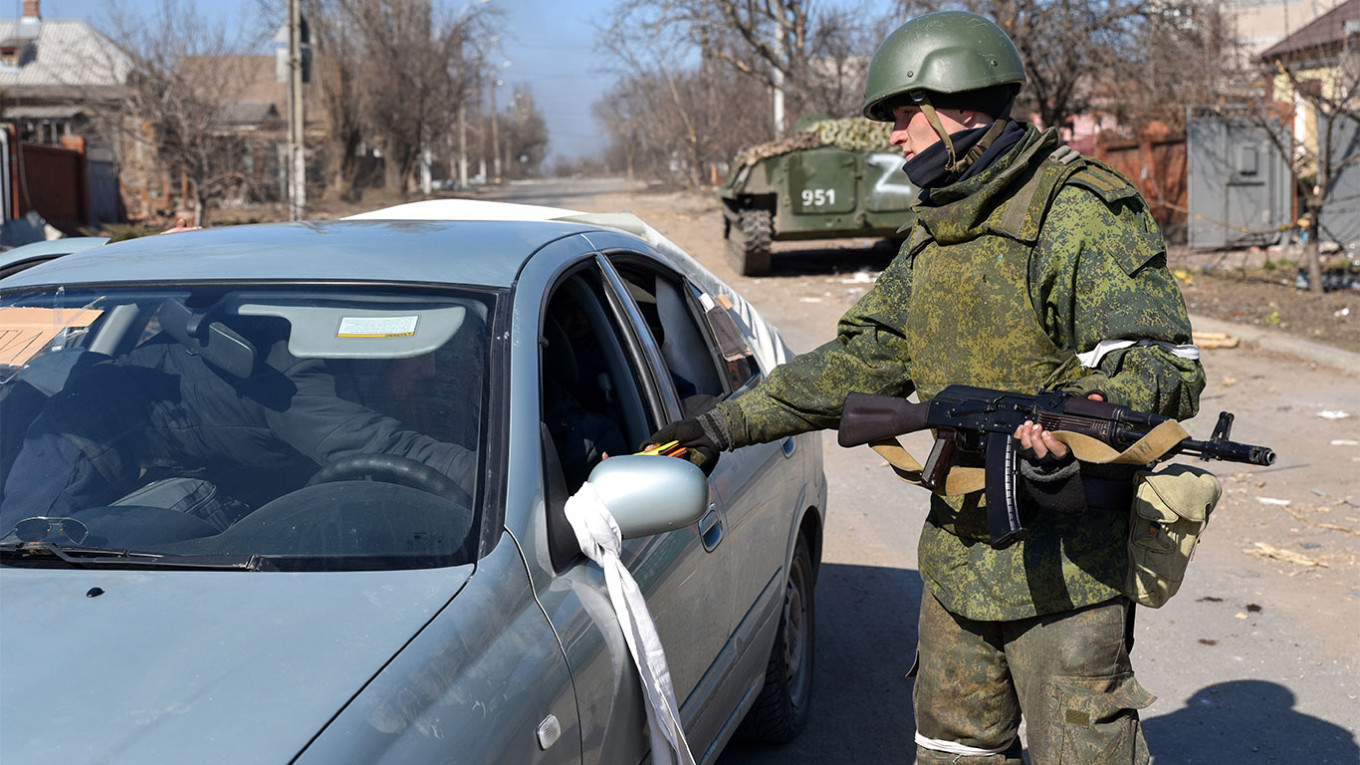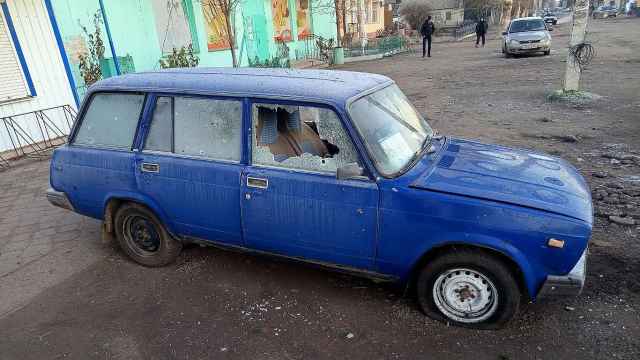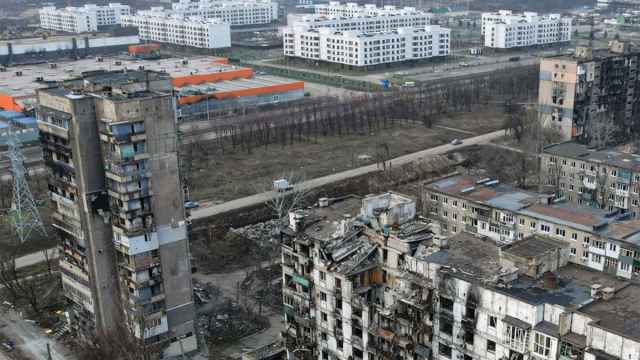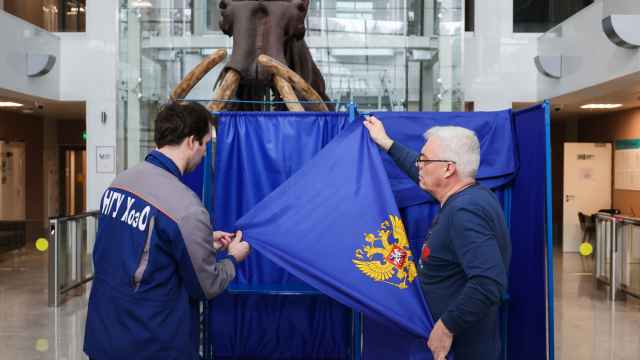A report published by Human Rights Watch (HRW) on Thursday highlighted evidence of the forced relocation and abuse of civilians by Russia in occupied Ukraine.
“The forcible transfer of civilians is prohibited under international humanitarian law, or the laws of war, and can be prosecuted as a war crime and a crime against humanity,” the international rights watchdog said.
Russian officials have systematically prevented Ukrainians fleeing the fighting from traveling to Kyiv-controlled territories, according to over 50 interviews with refugees and volunteers conducted by HRW.
Instead, displaced Ukrainians have been forced to move to Russia or self-proclaimed separatist republics in eastern Ukraine that are dependent on Moscow.
“Of course, we would have used the opportunity to go to Ukraine if we could have,” a woman transferred to Russia from Mariupol told Human Rights Watch.
“But we had no choice, no possibility to go there.”
Only refugees with more financial resources were able to escape to Ukrainian-controlled areas, according to HRW.
Whichever way they were traveling, hundreds of thousands of Ukrainians have been forced to undergo a security screening process — known as “filtration” — that is reportedly administered by local pro-Kremlin officials and the Russian military.
Filtration typically involves the collection of Ukrainians’ biometric data, a search of their belongings, and an interrogation about their political views, according to the HRW report. Many residents of occupied territories were reportedly forced to remain in confinement while waiting to undergo screening.
Ukrainians who failed to pass the checks and obtain “approval receipts” — most often due to their alleged ties to the Ukrainian military — were moved to detention facilities in the self-proclaimed Donetsk People’s Republic, the watchdog said.
Some of these detainees were sent to Olenivka prison where over 50 Ukrainian prisoners of war were killed in an attack in July.
“There are serious grounds for concern that civilians whom Russian and Russian-affiliated armed groups detained as a result of filtration may face torture or other ill-treatment and enforced disappearance in detention,” the report said.
Russia has claimed that over 2.8 million Ukrainians have arrived in Russia since the start of the invasion in February. Ukrainian officials have said that at least 1.2 million of its citizens have been forcibly transferred to Russia or the separatist republics by the Russian authorities.
A Message from The Moscow Times:
Dear readers,
We are facing unprecedented challenges. Russia's Prosecutor General's Office has designated The Moscow Times as an "undesirable" organization, criminalizing our work and putting our staff at risk of prosecution. This follows our earlier unjust labeling as a "foreign agent."
These actions are direct attempts to silence independent journalism in Russia. The authorities claim our work "discredits the decisions of the Russian leadership." We see things differently: we strive to provide accurate, unbiased reporting on Russia.
We, the journalists of The Moscow Times, refuse to be silenced. But to continue our work, we need your help.
Your support, no matter how small, makes a world of difference. If you can, please support us monthly starting from just $2. It's quick to set up, and every contribution makes a significant impact.
By supporting The Moscow Times, you're defending open, independent journalism in the face of repression. Thank you for standing with us.
Remind me later.







